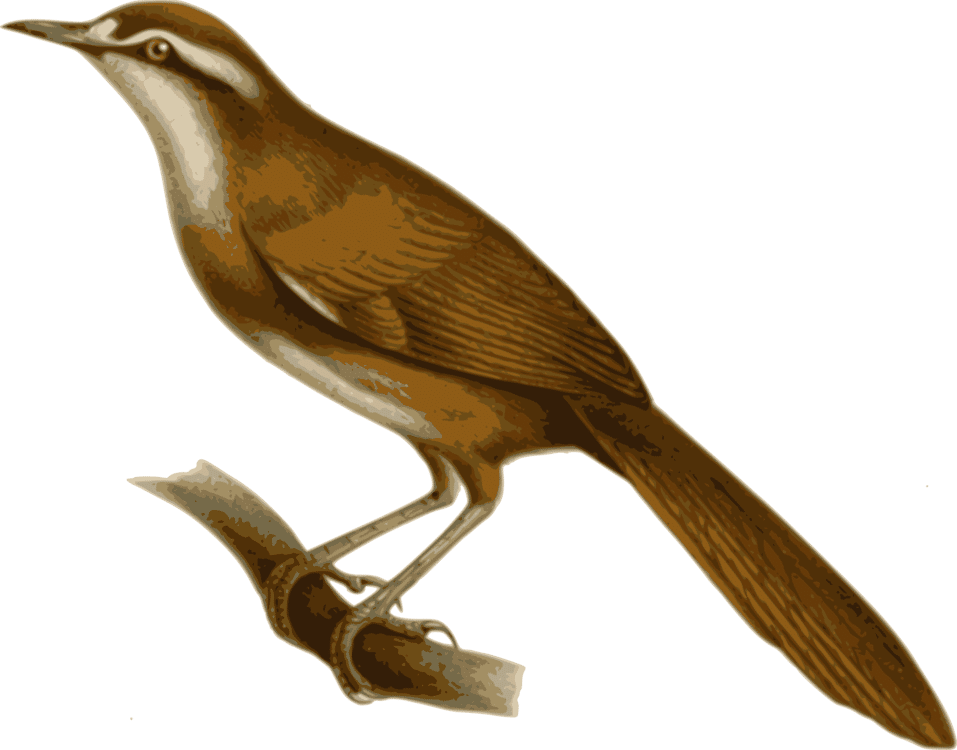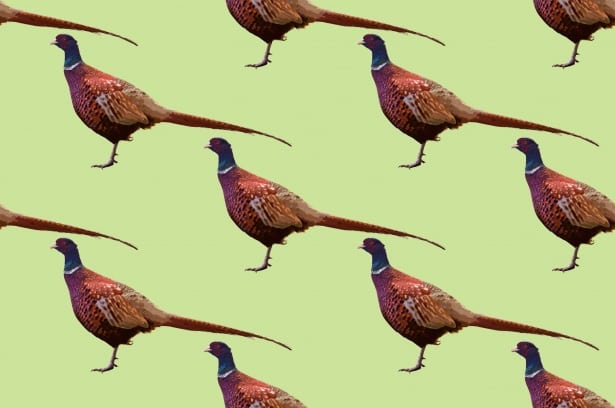There are two broad divisions in Shakespeare’s use of imagery: images taken from the world of human beings, their social structures, their customs, the things they do inside their houses and palaces, and their battlefields, on the one hand, and on the other hand, images taken from nature. Shakespeare uses plants, animals, insects, fish, the sky, the sea, mountains and valleys, in making his poetry. One of the most prominent strains of natural imagery in Shakespeare’s work is that of birds.
Most birds sing, which is an obvious frame of reference. However Shakespeare seems more interested in the way the eye is caught by his images, and the way the different birds move in their flying, walking, feeding and so on is something that is often vividly portrayed. He focuses in on their wings, their feathers, the way the light captures them in flight, and he uses those close observations to make comparisons in order to comment on human beings.
Most of the birds listed here have multiple mentions in the plays but we have offered only one quotation for each of the birds, to demonstrate the different ways in which Shakespeare uses bird imagery. A notable observation is that short passages are often saturated with mentions of several kinds of birds.
Blackbird
The ousel cock so black of hue,
With orange-tawny bill,
The throstle with his note so true,
The wren with little quill
Bottom’s song from A Midsummer Night’s Dream, act 3, scene 1. An ousel cock is a blackbird; a throstle is a thrush
Bunting
Then my dial goes not true: I took this lark for a bunting.
All’s Well that Ends Well, act 2, scene 5
Buzzard
O, slow-wing’d turtle, shall a buzzard take thee?
Taming of the Shrew, act 2, scene 1
Chough
The …. choughs that wing the midway air
Show scarce so gross as beetles
King Lear, act 4, scene 6
Cock
I have heard
The cock, that is the trumpet to the morn,
Doth with his lofty and shrill-sounding throat
Awake the god of day
Hamlet, act 1, scene 1
Cormorant
Light vanity, insatiate cormorant,
Consuming means, soon preys upon itself.
Richard II, act 2, scene 1
Cuckoo
The cuckoo then, on every tree,
Mocks married men; for thus sings he;
Cuckoo, cuckoo, cuckoo
Song from Love’s Labours Lost, act 5, scene 2
Daw
I will wear my heart upon my sleeve
For daws to peck at
Othello, act 1, scene 1
Dive-dapper
Upon this promise did he raise his chin,
Like a dive-dapper peering through a wave,
Who, being look’d on, ducks as quickly in
Shakespeare’s poem Venus and Adonis
Dove
The smallest worm will turn being trodden on,
And doves will peck in safeguard of their brood
Henry VI Part 3, act 2, scene 2
Duck
the grisly north
Disgorges such a tempest forth,
That, as a duck for life that dives,
So up and down the poor ship drives
Pericles, act 3, prologue
Eagle
A lover’s eyes will gaze an eagle blind
Love’s Labours Lost, act 4, scene 3
Falcon
As confident as is the falcon’s flight
Against a bird, do I with Mowbray fight.
Richard II, act 1, scene 3
Finch
The finch, the sparrow and the lark,
The plain-song cuckoo gray,
Whose note full many a man doth mark,
And dares not answer nay
Bottom’s song from A Midsummer Night’s Dream, act 3, scene 1
Goose
Go, ye giddy goose.
Henry IV part 1, act 3, scene 1
Guinea Hen
I would drown myself for the love of a guinea hen
Othello
Hedge Sparrow
The hedge-sparrow fed the cuckoo so long
That it had its head bit off by its young
King Lear
Heron
I am but mad north-north-west. When the wind is southerly I
know a hawk from a handsaw.
Hamlet (a hanser is an Elizabethan name for a heron but Shakespeare uses the slang word, ‘handsaw’)
Jay
I with my long nails will dig thee pignuts;
Show thee a jay’s nest and instruct thee how
To snare the nimble marmoset
The Tempest
Kite
E’re this
I should have fatted all the region kites
With this slave’s offal.
Hamlet
Lapwing
For look where Beatrice, like a lapwing, runs
Close by the ground, to hear our conference.
Much Ado About Nothing
Lark
Haply I think on thee, and then my state,
Like to the lark at break of day arising
From sullen earth, sings hymns at heaven’s gate
Romeo and Juliet
Loon
The devil damn thee black, thou cream-faced loon!
Where got’st thou that goose look?
Macbeth
Magpie
Augurs and understood relations have
By magot-pies and choughs and rooks brought forth
The secret’st man of blood.
Macbeth
Mallard
The noble ruin of her magic, Antony,
Claps on his sea-wing, and, like a doting mallard,
Leaving the fight in height, flies after her
Antony and Cleopatra
Martin
This guest of summer,
The temple-haunting martlet, does approve,
By his loved mansionry, that the heaven’s breath
Smells wooingly here
Macbeth
Nightingale
Hark! Apollo plays,
And twenty caged nightingales do sing.
Taming of the Shrew
Osprey
The tribunes are no soldiers; and their people
Will be as rash in the repeal, as hasty
To expel him thence. I think he’ll be to Rome
As is the osprey to the fish, who takes it
By sovereignty of nature.
Coriolanus
Ostrich
I’ll make thee eat iron like an ostrich, and swallow
my sword like a great pin, ere thou and I part.
Henry VI Part 2
Owl
Our soldiers’, like the night-owl’s lazy flight,
Or like an idle thresher with a flail,
Fell gently down, as if they struck their friends
Henry VI Part 3
Parakeet
Come, come, you paraquito, answer me
Directly unto this question that I ask:
Henry IV part 1
Parrot
That ever this fellow should have fewer words than a
parrot, and yet the son of a woman!
Henry IV Part I
Partridge
Who finds the heifer dead and bleeding fresh
And sees fast by a butcher with an axe,
But will suspect ’twas he that made the slaughter?
Who finds the partridge in the puttock’s nest
Much Ado About Nothing
Peacock
Let frantic Talbot triumph for a while
And like a peacock sweep along his tail;
We’ll pull his plumes and take away his train,
If Dauphin and the rest will be but ruled.
Henry VI Part 1
Pelican
To his good friends thus wide I’ll ope my arms
And, like the kind life-rend’ring pelican,
Repast them with my blood.
Hamlet
Pheasant
Advocate’s the court-word for a pheasant: say you
have none.
The Winter’s Tale
Phoenix
My ashes, as the phoenix, may bring forth
A bird that will revenge upon you all
As You Like It
Pigeon
O, ten times faster Venus’ pigeons fly
To seal love’s bonds new-made, than they are wont
To keep obliged faith unforfeited!
The Merchant of Venice
Popinjay
I then, all smarting with my wounds being cold,
To be so pester’d with a popinjay
Henry IV Part 1
Quail
Here’s Agamemnon, an honest fellow enough and one
that loves quails; but he has not so much brain as
earwax
Troilus and Cressida
Raven
The raven himself is hoarse
That croaks the fatal entrance of Duncan
Under my battlements.
Macbeth
Rook
Shepherds pipe on oaten straws
And merry larks are ploughmen’s clocks,
When turtles tread, and rooks, and daws,
And maidens bleach their summer smocks
Love’s Labours Lost
Rooster
My lungs began to crow like chanticleer
That fools should be so deep contemplative
As You Like It, act 2, scene 7
Seagull
I do fear,
When every feather sticks in his own wing,
Lord Timon will be left a naked gull,
Which flashes now a phoenix.
Timon of Athens
Snipe
Thus do I ever make my fool my purse:
For I mine own gain’d knowledge should profane,
If I would time expend with such a snipe.
But for my sport and profit.
Othello
Sparrow
There’s a special providence in
the fall of a sparrow.
Hamlet
Starling
Nay,
I’ll have a starling shall be taught to speak
Nothing but ‘Mortimer,’ and give it him
To keep his anger still in motion.
Henry IV Part 1
Swallow
Then, in God’s name, march:
True hope is swift, and flies with swallow’s wings:
Kings it makes gods, and meaner creatures kings.
Richard III
Swan
I have seen a swan
With bootless labour swim against the tide
And spend her strength with over-matching waves.
Henry VI Part 3
Thrush
The lark, that tirra-lyra chants,
With heigh! with heigh! the thrush and the jay,
Are summer songs for me and my aunts,
While we lie tumbling in the hay.
The Winter’s Tale
Turkey
O, peace! Contemplation makes a rare turkey-cock
of him: how he jets under his advanced plumes!
Twelfth Night
Vulture
Beloved Regan,
Thy sister’s naught. O Regan, she hath tied
Sharp-tooth’d unkindness, like a vulture, here!
King Lear
Woodcock
Why, as a woodcock to mine own springe, Osric. I am justly kill’d with mine own treachery.
Hamlet
Wren
He loves us not;
He wants the natural touch: for the poor wren,
The most diminutive of birds, will fight,
Her young ones in her nest, against the owl.
Macbeth
That’s all the birds we could find in Shakespeare’s works – any we’re missing? Let us know in the comments below!








Hello did Shakespeare write about the Kingfisher?